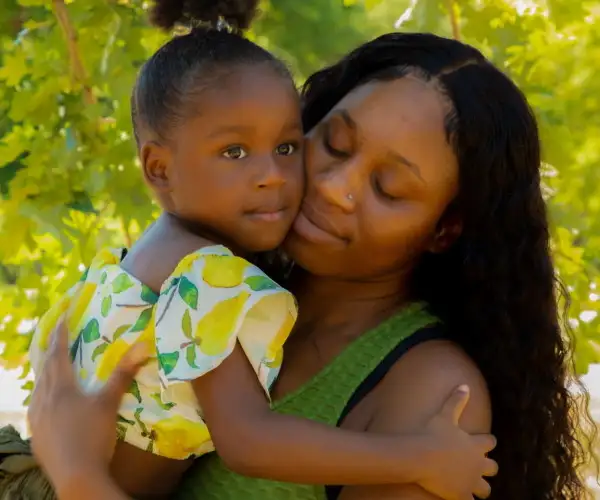
Each stage of a baby's growth is marked by certain milestones that indicate their physical, cognitive, emotional, and social development. These milestones are crucial for parents to understand as they reflect the child’s progress and help identify any potential developmental issues. The first year of life is packed with rapid changes and delightful surprises, offering parents a front-row seat to their baby’s journey. Monitoring these cột mốc của bé can be both exciting and educational. From the moment a baby is born, they begin a series of remarkable changes in physical development. Here are some key physical development milestones that typically occur: Understanding these physical milestones not only helps in tracking your baby's growing abilities but also assists in encouraging activities that promote further growth. Cognitive development refers to how your baby thinks, explores, and comes to understand the world around them. Key cognitive milestones include: Supporting cognitive milestones can involve engagement through play, talking, and reading to your baby frequently. Emotional and social growth is integral to your child's overall development. Here’s what you might expect: Fostering emotional and social development can be as simple as providing a nurturing environment where your baby feels safe and loved. One of the most rewarding aspects of parenting is documenting your baby’s incredible journey of development. Keeping a milestone journal can be a wonderful method to remember these special moments. Here are some tips for effective documentation: Creating a visual timeline can both help in reflecting on the growth journey and serve as a memorable keepsake for later years. Celebrating these milestones doesn’t have to be a solitary experience. Involve family and friends in your baby’s development journey. Here are some ideas: Sharing your baby's accomplishments can enhance the joy of parenthood and create a strong network of support and love. While it is important to celebrate milestones achieved, it's also crucial to be aware of potential delays. Not all babies develop at the same pace; some may reach milestones earlier or later than others. Here’s how to address developmental concerns: Understanding that early intervention can ensure support for your baby in achieving their cột mốc của bé helps alleviate parental worries and promotes overall well-being. Most babies can sit independently, crawl, pull themselves up to stand, and may take their first steps by their first birthday. Each baby develops at their own pace, but these are typical physical development milestones. To encourage cognitive development, engage your baby in play, talk and read to them often, provide a safe environment to explore, and use various toys that stimulate their senses. Interaction is key in supporting cognitive growth. If you're worried about your baby's milestones, consult with your pediatrician. They can provide guidance, recommend evaluations, and suggest resources to help support your baby's development.Amazing Milestones in Your Baby's Development Journey!
Understanding Baby Milestones
Physical Development Milestones
Cognitive Development Milestones
Emotional and Social Development Milestones
Celebrating Your Baby’s Milestones
Documenting Developmental Achievements
Sharing Achievements with Family and Friends
Understanding and Supporting Delays
FAQs About Baby Milestones
What are common physical milestones that most babies achieve by 1 year old?
How can I encourage my baby's cognitive development?
What should I do if I’m concerned about my baby’s developmental progress?